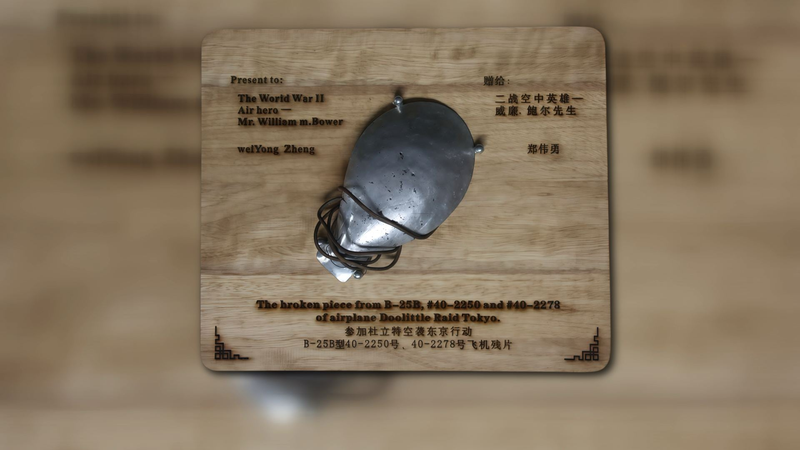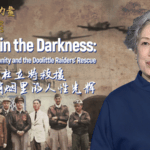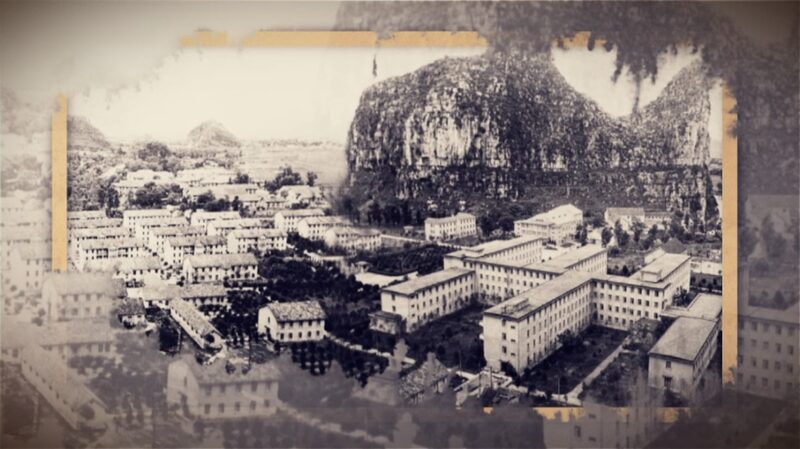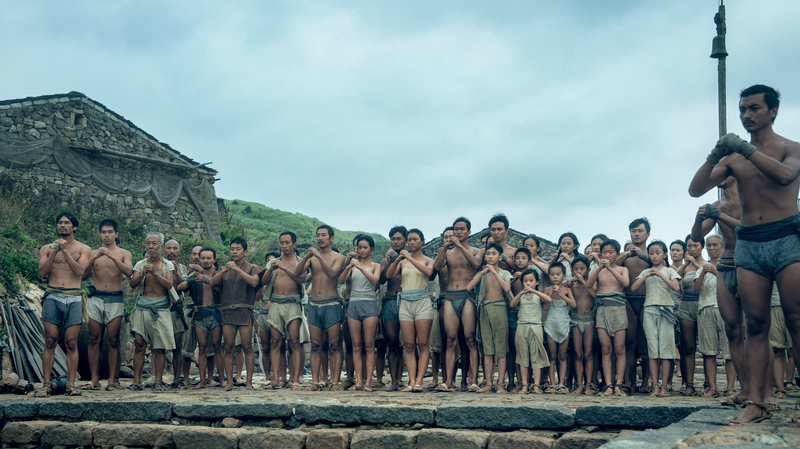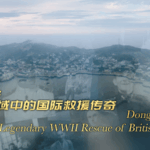In the shadow of World War II's darkest hours, a story of cross-border compassion continues to resonate eight decades later. The 1942 Doolittle Raid – America's first retaliatory strike against Japan after Pearl Harbor – took an unexpected turn when Bomber No. 12 crash-landed near Quzhou in China's Zhejiang Province. Local villagers risked their lives to rescue pilot William Bower and his crew, sheltering them from Japanese forces.
Decades later, the bond forged in those perilous moments endured. In 2008, Bower's son James reached out to Quzhou historian Zheng Weiyong with a poignant request: his aging father longed for a tangible connection to the Chinese families who saved him. Zheng's subsequent recovery of aircraft debris from mountainous terrain fulfilled this emotional mission, sending a fragment of history back to the Bower family as a symbol of shared humanity.
This exchange highlights how personal connections transcend geopolitical boundaries. As current U.S.-China relations face challenges, the Doolittle survivors' enduring gratitude – manifested through memorial parks and annual commemorations in Quzhou – serves as a reminder of friendship's enduring power.
Reference(s):
cgtn.com
